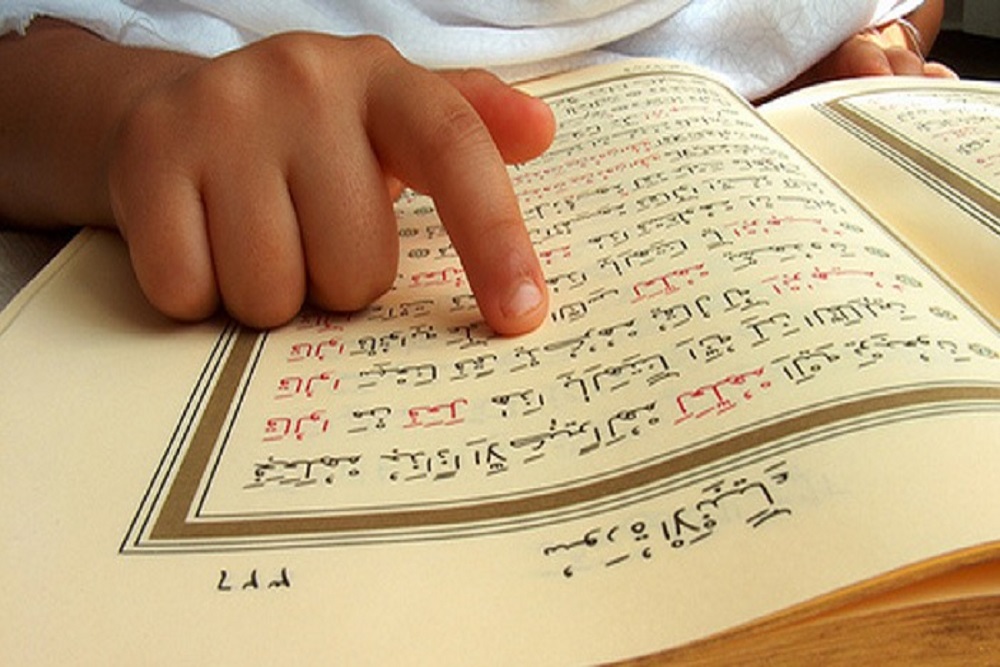
BLOG: Cultivating Character: The Role of Islamic Education
In a rapidly changing world, where information is readily accessible, the focus on education often centers around academic achievement and career success. However, at Rightly Guided College, we believe that education should go beyond academic excellence. Islamic education plays a crucial role in nurturing the character and moral development of our students. In this blog post, we will explore the significance of cultivating character through Islamic education and its impact on individuals and society.
- Integrating Islamic Values: Islamic education provides a holistic approach to learning by integrating Islamic values into the curriculum. By incorporating teachings from the Quran and Sunnah, students gain a deeper understanding of compassion, justice, humility, and other virtues. This integration helps shape their moral compass, guiding their actions and decisions throughout their lives.
- Developing Ethical Decision-Making: Islamic education equips students with a framework for ethical decision-making. By studying Islamic principles and learning from the examples of our Prophet Muhammad (peace be upon him), students gain the wisdom to navigate complex ethical dilemmas. They learn to make choices that align with their values, even in challenging situations.
- Fostering Empathy and Social Responsibility: One of the essential aspects of Islamic education is fostering empathy and social responsibility. Students are encouraged to understand and empathize with the struggles of others, regardless of their backgrounds. Through community service initiatives and engagement with social issues, students develop a sense of duty toward creating a more just and compassionate society.
- Nurturing Self-Discipline and Self-Reflection: Islamic education emphasizes the practice of self-discipline and self-reflection. Students are encouraged to introspect, identify their strengths and weaknesses, and strive for self-improvement. By fostering self-discipline, students develop the ability to manage their time effectively, work diligently, and persevere through challenges.
- Building Strong Identity and Confidence: Islamic education helps students develop a strong Muslim identity rooted in faith and knowledge. By understanding the rich heritage and contributions of Muslims throughout history, students gain a sense of pride and confidence. This strong identity empowers them to navigate the diverse world while remaining true to their beliefs and values.
Conclusion: At Rightly Guided College, we believe that education extends far beyond academic achievement. Islamic education plays a vital role in shaping the character and moral compass of our students. By integrating Islamic values, fostering ethical decision-making, nurturing empathy and social responsibility, encouraging self-discipline and self-reflection, and building a strong Muslim identity, we prepare our students to be compassionate, responsible, and confident individuals who positively contribute to society. Islamic education not only equips students with knowledge but also empowers them to lead meaningful lives guided by principles that uphold justice, compassion, and integrity.
